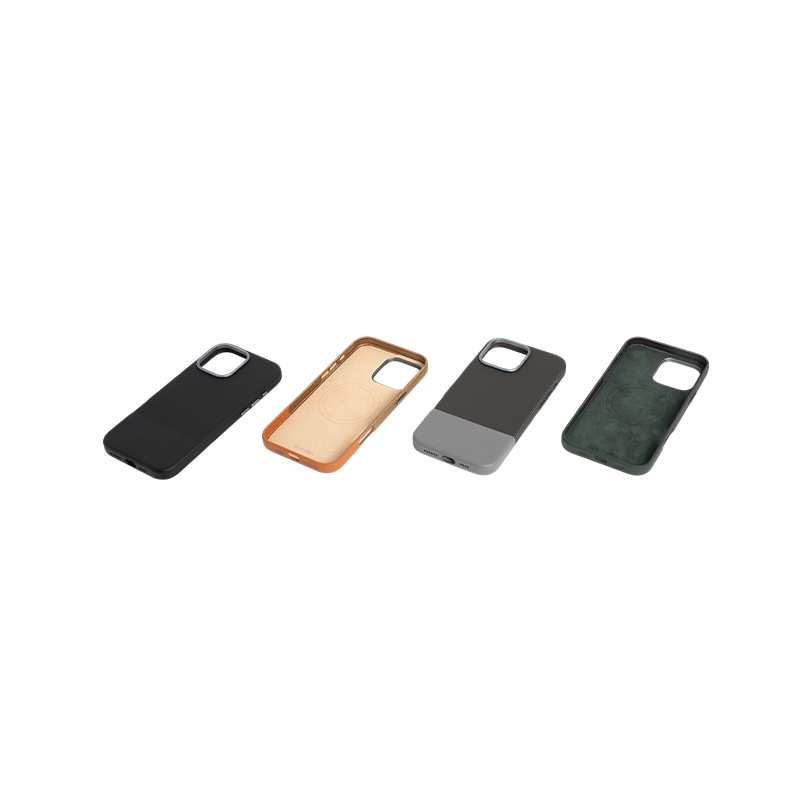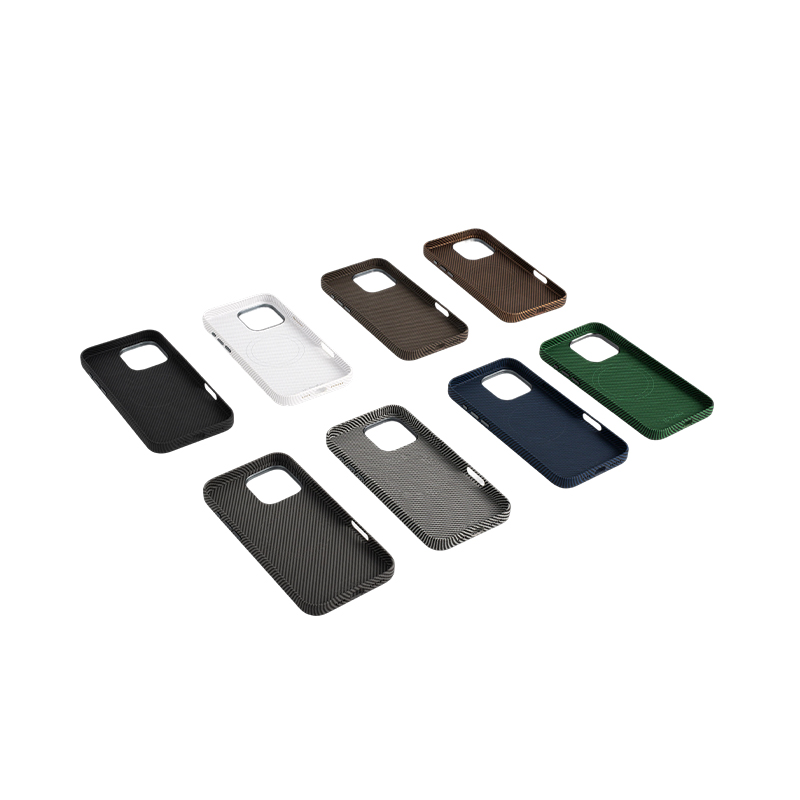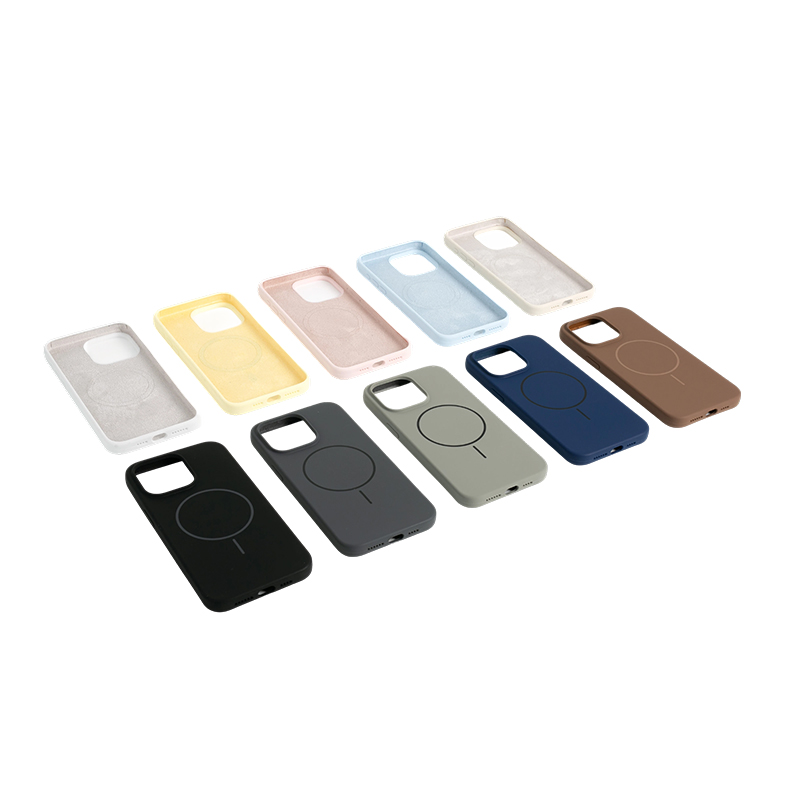In-Depth Understanding Of The Standard Process Of Custom Processing Of Silicone Products
Nowadays, custom processing of silicone products has become the mainstream. More and more projects choose silicone as auxiliary material accessories, etc. However, the single part consumption of many miscellaneous parts is not large, but it is still difficult to find the same products in the market. In this case, only customized production and processing can be done, so now many consumers don’t know what the official common process of silicone products is. Let’s find out today!
Artwork design
Design product 3D drawings and plane renderings according to the expected effects and actual functions of the products. Generally, the hardness, thickness, appearance, function, material performance and service life of the products are considered during the design process. Generally, silicone product manufacturers are required to solve these technical problems.
Mold development
Opening the mold means that the mold master makes the layout drawing, parting line and how to make the mold according to the designed drawings, and then uses the template to open the rough, leaving the margin for fine milling. Special products will choose processes such as discharge and drying. After the mold comes out, test the mold on the flat vulcanizer
Rubber mixing and coloring
Material selection is based on customer needs. Generally, ordinary silicone, gas phase glue and medical silicone are selected. Different materials have different mixing times. Choose the color of the color glue to achieve the minimum color difference. Add the vulcanizer and mix to get the semi-finished raw material!
Upper mold production
After the mold is ready, it is produced on the machine. After the mold is installed, the machine needs to be heated, and multiple parameter notes and conditions, as well as the placement specifications of the raw materials, need to be adjusted during the engineering proofing stage
Product inspection and trimming
Solid silicone products will naturally produce a certain wool edge due to the mold production line, so the product maintenance process will naturally be produced for quality control, mainly to see whether it meets the product specifications. If there is any inconsistency, the wool edge can be repaired, and serious defects will be achieved, and the product will be invalid.
QC packaging
The product maintenance process is completing the IQC sampling inspection, which is generally used as a rework treatment to reach more than %5%, and will be shipped after the packaging required by the customer or the conventional packaging is qualified!








